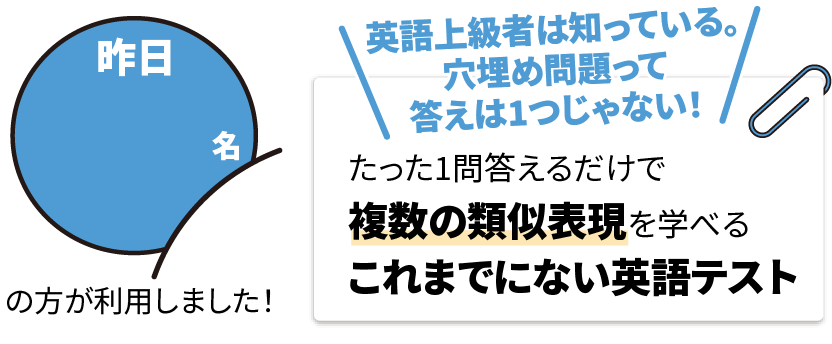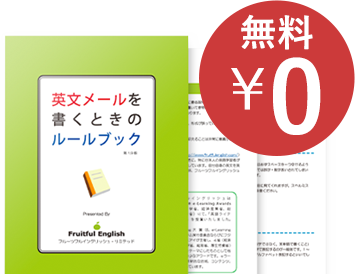Hi everyone, it’s Jacek!
I hope you are all doing well, especially during this severe hay fever season.
英語学習法はそれぞれ
Today I’d like to write a bit about my personal and I believe somewhat effective way of learning a language, particularly new vocabulary. Here I’d also like to note that while it may work for some people, others might not find it that useful.
I am sure you have come across various methods of studying a new language, and some of those may be deemed much more effective than others, yet, for some reason they might not have worked for you. We need to remember we are all different and something that works perfectly for someone else might not necessarily be the optimum for us.
語彙を増やす基本は読書、自分のレベルにあった読みたいと思う本を見つけよう!
When it comes to learning new vocabulary and grammatical constructions, reading a lot was very helpful in my case.
However, it wasn’t just about reading anything, because in the end, if I wasn’t that interested in what I was reading and had to force myself to do it all the time, I would eventually get too bored and exhausted. But don’t get me wrong, it couldn’t be just fun all the time and certainly some amount of effort is required.
It was more about motivation and determination. The amount of effort and patience basically didn’t change, but I had to figure out how to counter those and get enough strength and interest to keep pushing.
So, I needed to read something that I was genuinely interested in or something I had to understand in order to achieve something.
僕は好きなことから英語を学びました!
As I once mentioned in an old newsletter article, my strong interest in playing computer games was the driving force in my effort to learn English long time ago.
But these were certain types of games that had a lot of text in them, and I as a player deeply involved in the story really wanted to understand its every aspect, especially in role playing games, where there were a lot of choices to make with consequences. I would then have a traditional dictionary and search for the meaning of each word I couldn’t understand. Yes, it was time consuming, but because I had a goal to reach or just progress to make, it didn’t feel that hard.
I can imagine it’s much more likely more of you would rather want to read English in forms of books, articles, blogs, or event short but now popular SNS posts. The key here is what you are genuinely interested in and really want to read.
Why?
Because when you read it, it’s very likely you will memorize any new words you encounter in it.
読んで拾った新しい単語を使えるようにするステップ
Now, about checking the meaning of new words, in my own experience I can distinguish between two states:
a lot of new terms vs. relatively few new terms.
And here it also depends on how interested you are in the topic presented in the text, and how much time and patience you have to go through it. Another factor is how important it is for you to know the precise meaning of that new word.
When you can comprehend the main point of a given phrase, sentence, or paragraph and want to maintain some decent flow of reading, you will choose to ignore some new terms, especially when you are able to guess their meanings from the wider context (it often happens with adjectives or adverbs).
When you encounter several new terms in a close proximity and are simply unable to get the meaning, you will make an effort and check each word in a dictionary (can be quite convenient on e-book readers or even smartphones where we can do it by just touching the unclear word). As long as you are quite into the story, it shouldn’t discourage you from getting through all that work.
In some cases, you are not going to memorize a new term right away, and if there are many of them, you will likely need to recheck it in your dictionary if you see it again (you will know you saw it but just didn’t memorize the meaning), but the 2nd or 3rd time you do it you will likely memorize it for good.
You may have noticed that I didn’t mention writing the news words down.
That’s true.
Well, it’s just how it worked for me. While reading long texts, such as books, and especially when my vocabulary was still far from decent, writing each new word down would end in a very long list of new terms which in the end I wouldn’t be able to memorize anyway.
覚えた単語をライティングでも使えるようになろう!
However, apart from the whole “reading” process, it’s still important to be able to use something we learn in writing.
If you do read a lot of texts and learn new terms or grammatical constructions in general, you can imprint those in your memory even better by trying to use them in your own texts, and I think FE’s diary or free essay assignments are ideal for that. Just choose the word/phrase that sort of stuck with you the most or seemed more common in use, and try to build some text around it, which will enable to use it several times and think about its meaning.

世界都市「東京」にあこがれてポーランドから日本にやって来た。日本文化に興味があり、英語を教えるのは日本人と交流したいから!という日本が大好きな先生。教わった英語で今度はディープな日本のことをいろいろ教えてあげてください。
※このブログでは英語学習に役立つ情報アドバイスを提供していますが、本ブログで提供された情報及びアドバイスによって起きた問題に関しては一切、当方やライターに責任や義務は発生しません。
※ここでの情報や助言を参考に英文を書いたり下した判断は、すべて読者の責任において行ってください。ここに掲載されている記事内の主張等は、個人の見解であり当社の意見を代弁・代表するものではありません。







 (15 イイネ!が押されています)
(15 イイネ!が押されています)




























コメントする